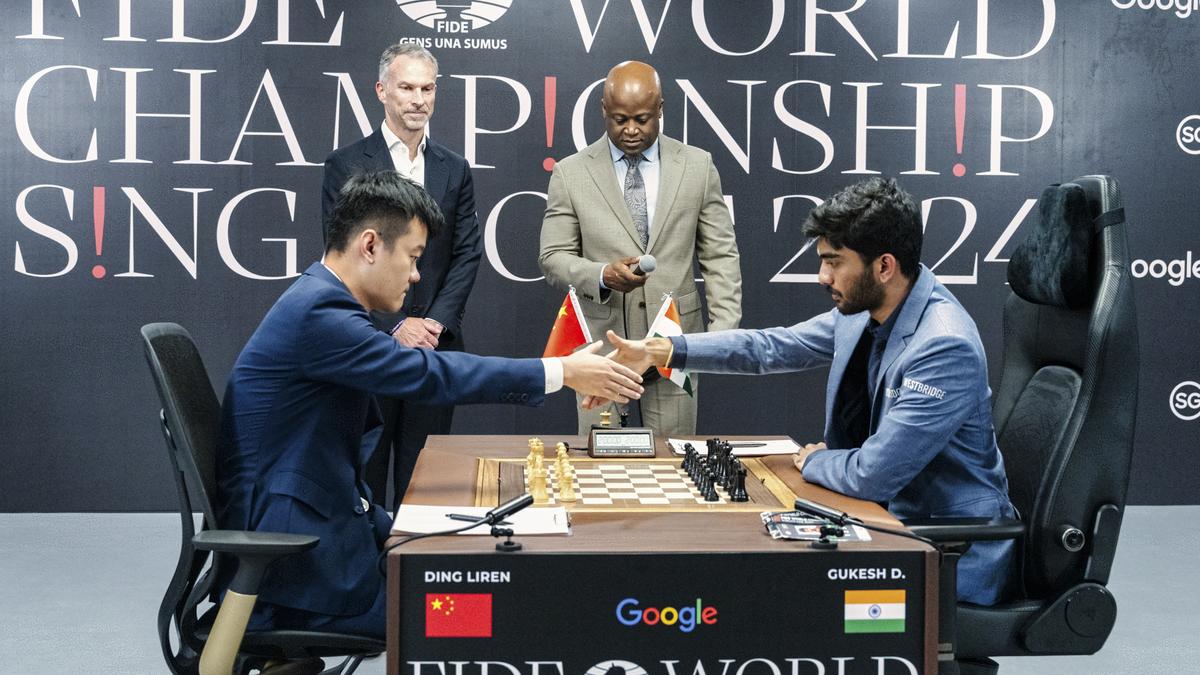Reykjavik caught the world’s attention in 1972. Iceland’s capital was the venue of the World chess championship match between Boris Spassky and Bobby Fischer.
In the height of the cold-war, a rebellious American taking on a Soviet Union player, at a time when the erstwhile USSR had a monopoly in producing World champions, was indeed news. And the world had never seen a player like Fischer.
He was a genius, though a troubled one. Fischer’s triumph and the World title match was a turning point for chess, which became a global sport from what was largely the Soviet Union’s favourite pastime.
Until Fischer came along, the World champions from 1948 until 1972 all spoke Russian. After Fischer, who chose not to defend his title and had to grapple with mental issues, the World championship returned to the Soviet Union, through Anatoly Karpov and then Garry Kasparov, until Viswananthan Anand brought it to India, where chess originated, in 2000.











